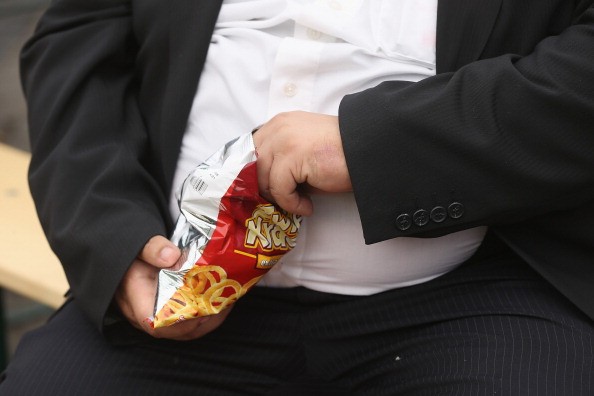
Researchers from Melbourne have found a 'sensor' protein that can command cells to burn fat stores - a new manner through which obesity and other diseases like type 2 diabetes may be prevented.
The protein called NLRP1 does its function when something goes wrong in a cell brought by increased food intake. In response, it instructs the cells to use up energy from fat stores so as to counteract the high amount of calories acquired from the diet. This causes the fats to be flushed out from the system and prevents their accumulation.
Researchers led by Dr. Seth Masters from Melbourne's Walter and Eliza Hall Institute found that the protein sensor is 'switched on' by high energy diets, and when such happens, it sets off a series of metabolic actions in the body.
"The sensor is activated if it detects that the body's energy intake is too high. When the sensor is activated, it tells cells to burn fat stores to prevent excess build-up of fat. We showed that without NLRP1, fat stores continue to build-up, especially with a high energy diet, leading to obesity," says Dr. Masters in a press release.
The study provides convincing evidence that some proteins can also signal the immune system, not only when foreign bodies enter the body. These immune signaling proteins act in response to the loss of metabolic 'equilibrium' associated with a high-energy intake.
The key to NLRP1 protein and its action to prevent obesity is how it controls the hormone called interleukin-18 (IL-18) that drives a cascade of events that ultimately leads to the breakdown of lipids. The research was successful in showing for the first time that NLRP1 is responsible in promoting the production of IL-18, the manner by which obesity can be reduced.
Researchers admitted that they still do not completely understand how the protein works. However, they would try and work out the molecular pathway in order to come up with the best drugs that can induce the breakdown of fats and can regulate the body's metabolism to prevent obesity or even type 2 diabetes.
"I would caution that although we can design drugs and try hit these pathways, it's extremely challenging and moreover, the best therapy is going to be dietary and exercise - moreover than we can possibly achieve with these sorts of drugs in the short period of time," Dr. Masters tells ABC.
The research appears in the journal Cell Metabolism.



